
About
mHEALTH TRAINING INSTITUTE
Background
Our healthcare challenges are very complex and do not fit neatly into existing scientific disciplines; solving them requires the combined expertise and efforts of many scientific and technical disciplines. The NIH mHealth Training Institute (mHTI) was created to serve as an incubator for developing transdisciplinary scientists capable of co-creating mHealth solutions for “wicked” healthcare problems.
Funded through a competitive renewal (OBSSR/ODP/NIDA: 5 R25 DAO38167), Version 2.0 of the mHTI builds on the experiences of earlier mHTIs and the feedback of its graduates. The annual institute identifies academic unicorns - from disciplines ranging from medicine and psychology to computer science and biomedical engineering - with an aptitude for interdisciplinarity and a passion for translational research with societal impact. Through a week-long workshop, the mHTI helps the selected scholars develop a shared vocabulary and conceptual framework, acquire core domain expertise in latest mHealth technologies and methodologies, and get practical experience in cross-disciplinary mHealth innovation. A major focus is the advancement of team science skills and the soft skills required to develop them into influential nodes in an expanding collaborative network of catalyst mHealth researchers linked to national funding systems.
Beyond the NIH, the mHTI is supported by the generous contributions of a core group of faculty thought-leaders with extensive teaching priors and a deep commitment to educating the next generation of diverse mHealth scientists. An anchoring logic model for the educational activities and independent evaluations by UCLA’s Center for Research on Evaluation, Standards, and Student Testing (CRESST) ensures that the educational program remains cutting-edge and impactful within the rapidly transforming healthcare landscape. Alumni of previous mHTIs are actively transforming the mHealth research programs on their home campuses and many have become trailblazers integrating mHealth into healthcare delivery.
Vivek Shetty
Program Director
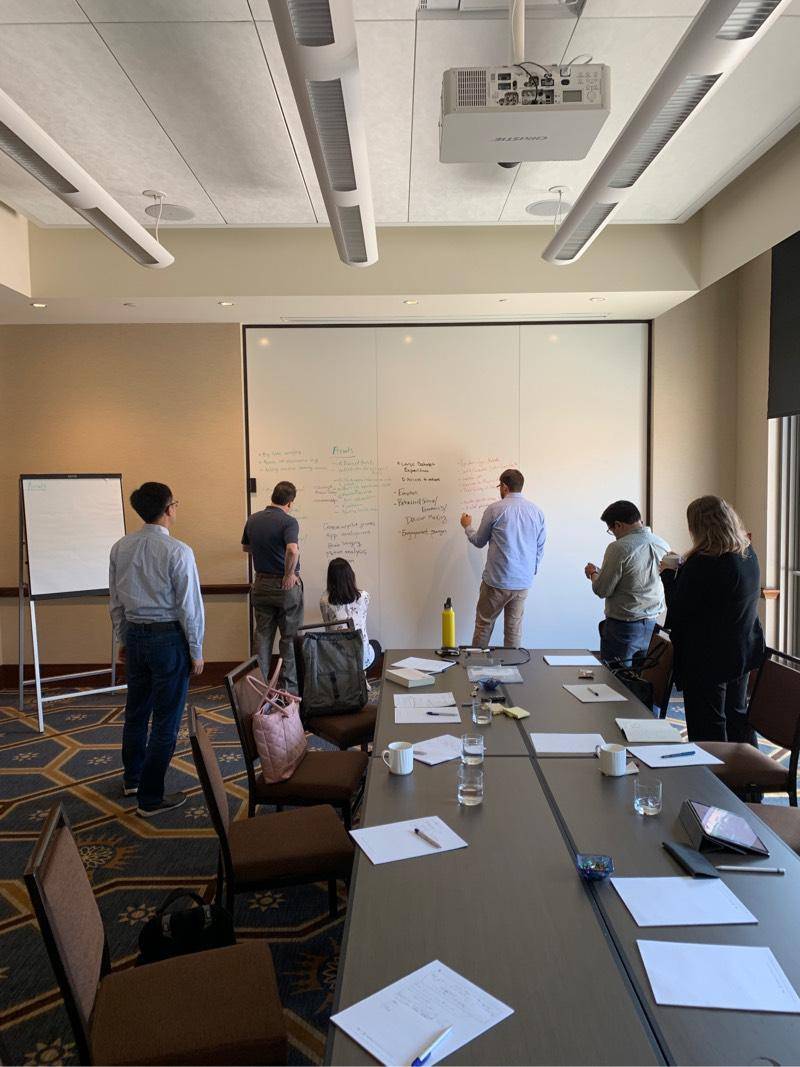
mHEALTH TRAINING INSTITUTE
Program Philosophy
The mHTI 2.0 is a team science-driven program fostering both knowledge exchange and strong interpersonal relationships among transdisciplinary mHealth teams. As a multidisciplinary institute, it functions as a dual-purpose platform: an educational hub and a research laboratory for team science. By uniting scholars from various disciplines, it serves as a testbed to examine team dynamics, communication, and decision-making.
Educational researchers within the mHTI experiment with different team structures, implement strategies to enhance collaboration, and monitor team performance over time. The knowledge garnered from these studies informs the development of best practices for building and maintaining high-performing multidisciplinary research teams. These insights are used by NIH program offices to measure the impact of the training and develop future training programs.
mHEALTH TRAINING INSTITUTE
Program Structure
As a connector, incubator, and facilitator, the institute cultivates an environment where participants can freely share ideas, technologies, and frameworks, building trust and collaboration across disciplines. Through a blended learning approach, participants engage in intensive team-based projects alongside focused coursework. Multidisciplinary teams tackle real-world health challenges, developing innovative mHealth solutions guided by experienced faculty mentors who employ team science best practices. The curriculum covers essential mHealth domains, including behavior change, biosensing, digital biomarkers, human-centered design, advanced research methods, and machine learning.
Beyond technical skills, the program emphasizes soft skills crucial for transdisciplinary teamwork and career advancement. Regular social interactions strengthen bonds among participants, while ongoing feedback and faculty adjustments ensure program vitality. The mHealthHUB supports continued learning, mentorship, and collaboration among alumni.
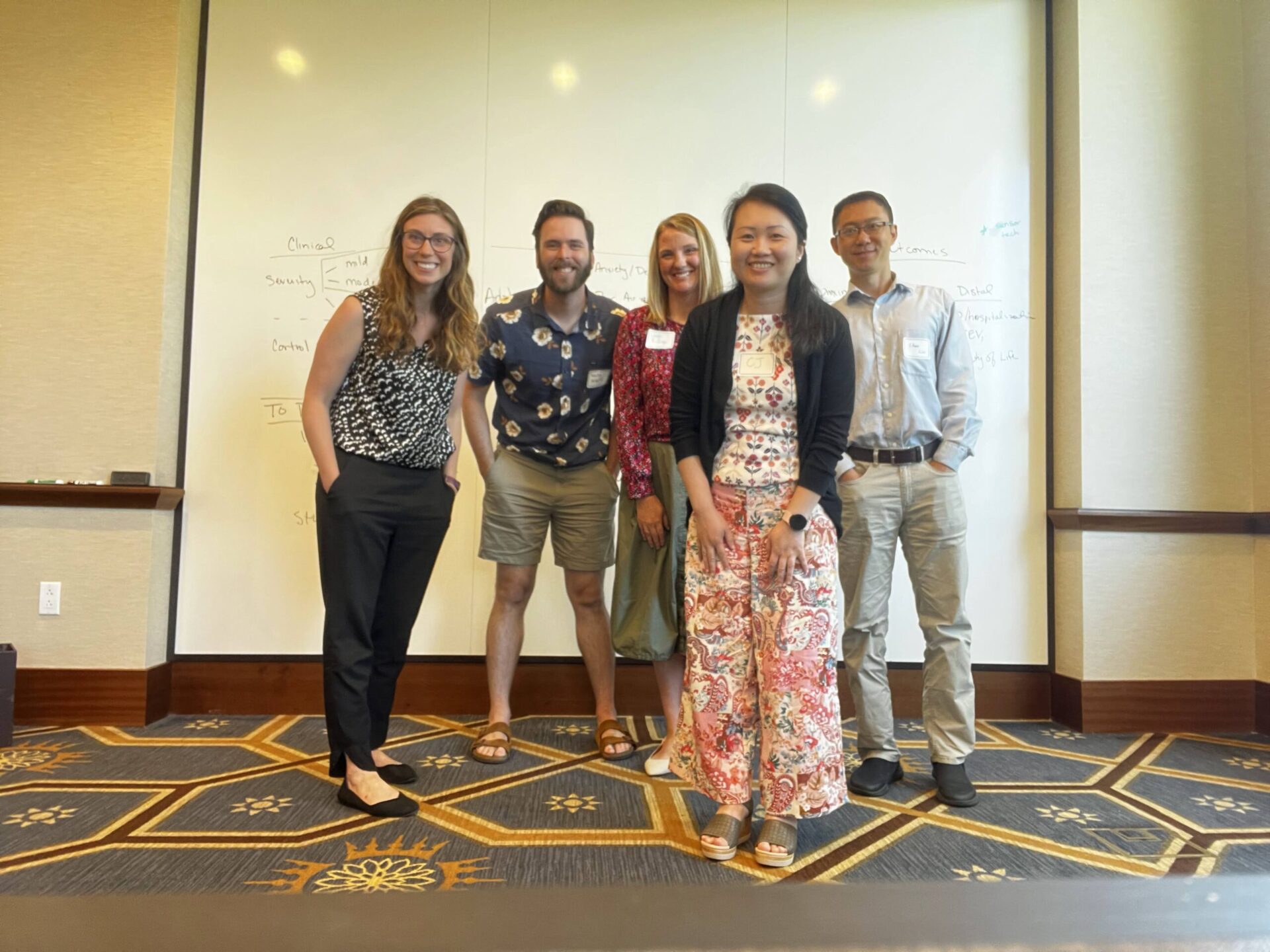
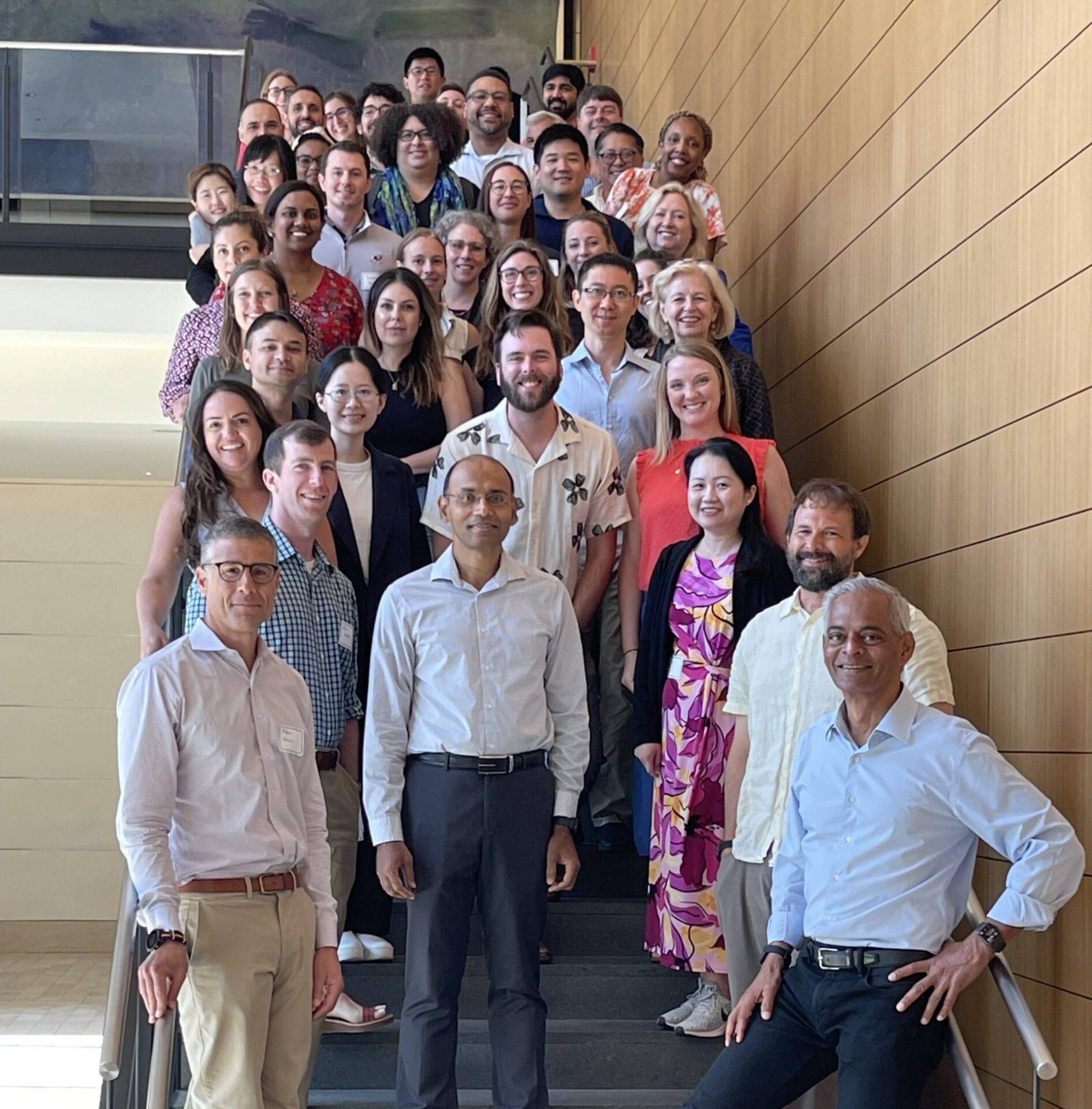
mHEALTH TRAINING INSTITUTE
Impact
Over the past nine years, the mHTI has trained 262 faculty and future faculty from 55 institutions across the United States.
- Participants have reported significant gains in mHealth expertise, including advanced methodologies, technologies, and a deeper appreciation for interdisciplinary collaboration.
- The program has empowered trainees to initiate and sustain transdisciplinary mHealth research, expanding their professional networks and securing external funding for their projects.
- Strong alumni connections fostered by the mHTI have led to numerous productive collaborations.
- Recognized as a national leader in mHealth training, the program continues to expand its reach, with a growing number of applicants and the recent inclusion of international researchers in its cohort.
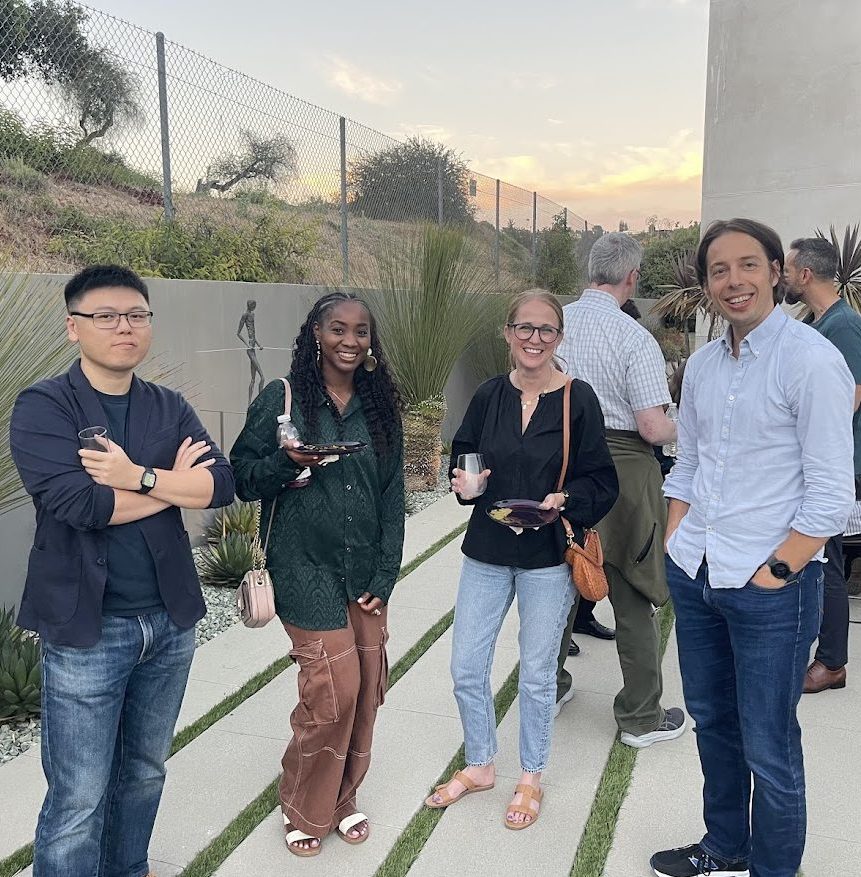
"It was a great opportunity to learn from the experts, make new friends, and enjoy brainstorming novel research ideas with cutting-edge mHealth technologies. I would highly recommend ealy career researchers working in mHealth to apply to this prestigious and highly competitive training program in the future."
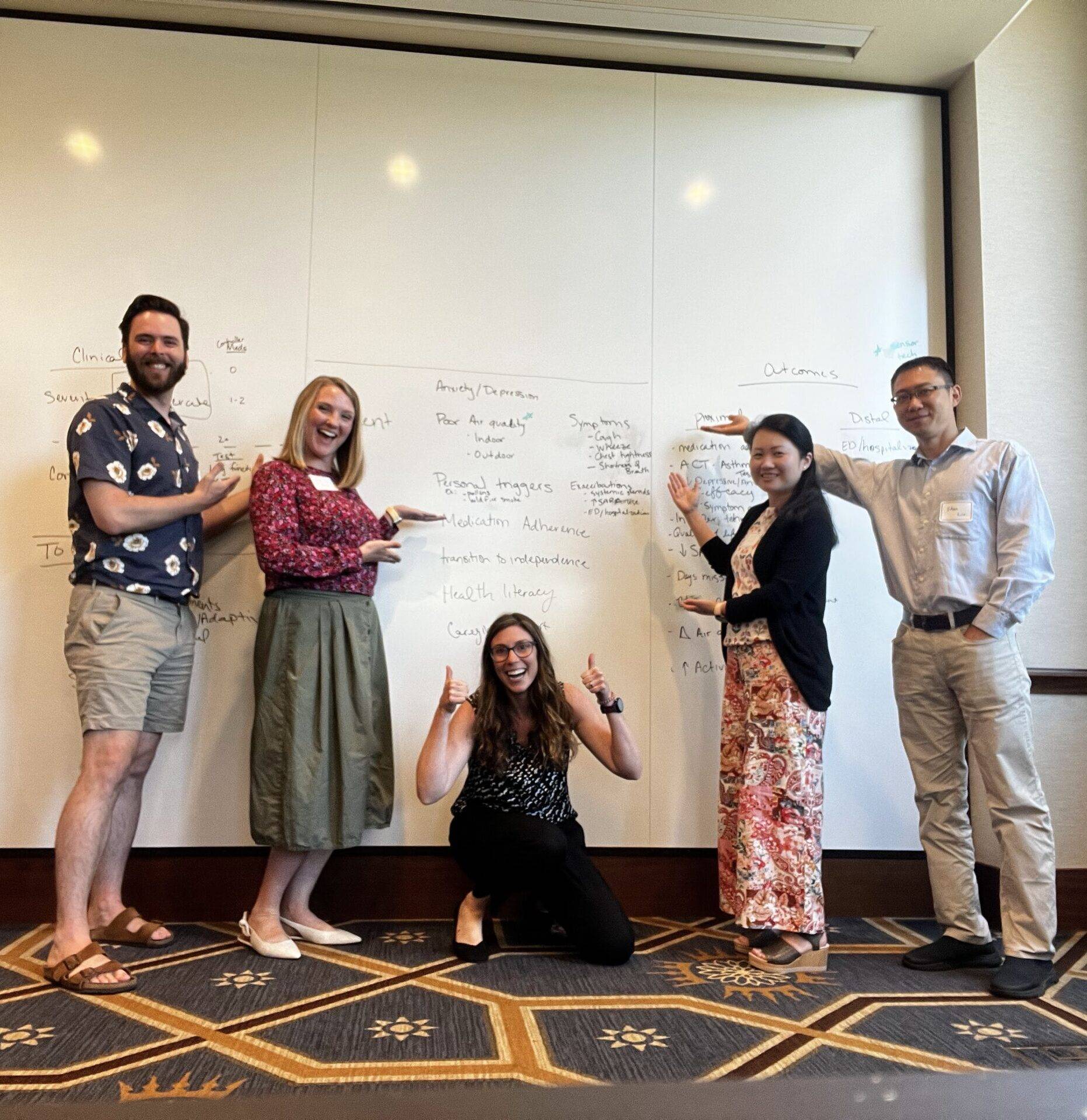
"The interactions with the mentors was the best part of the institute for me. They answered many of the pressing questions I had as a young researcher starting their career. The presentations about funding, building collaborations with folks of different backgrounds, and finding and holding onto positions were extremely helpful."
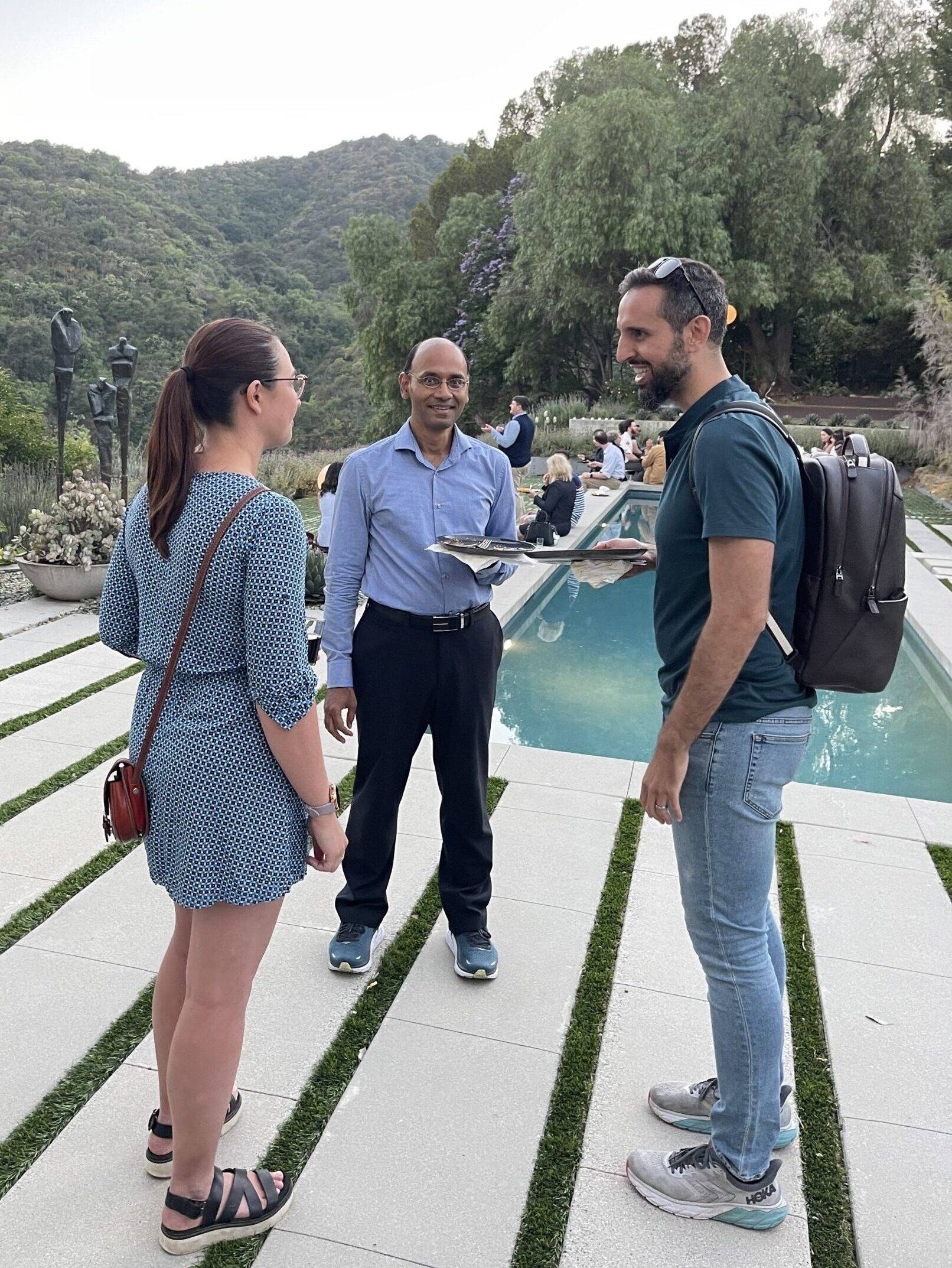
"Coming into the institute, I felt very isolated at my home institution. I had very few collaborators in mHealth and very few mentors who had the knowledge I sought. After the institute, my eyes have been opened. […] Suddenly the research that I felt was impossible seems very possible."
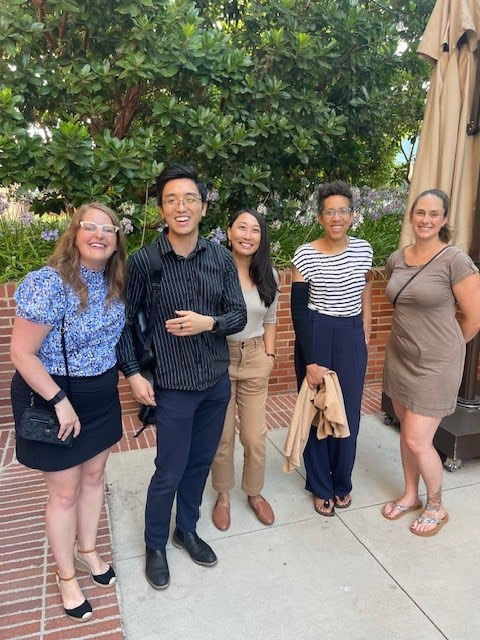
"The exercise of looking at the problem from different angles and through different disciplinary lenses then bringing everything together under a cohesive problem statement while highlighting the expertise of the team to address the problem."
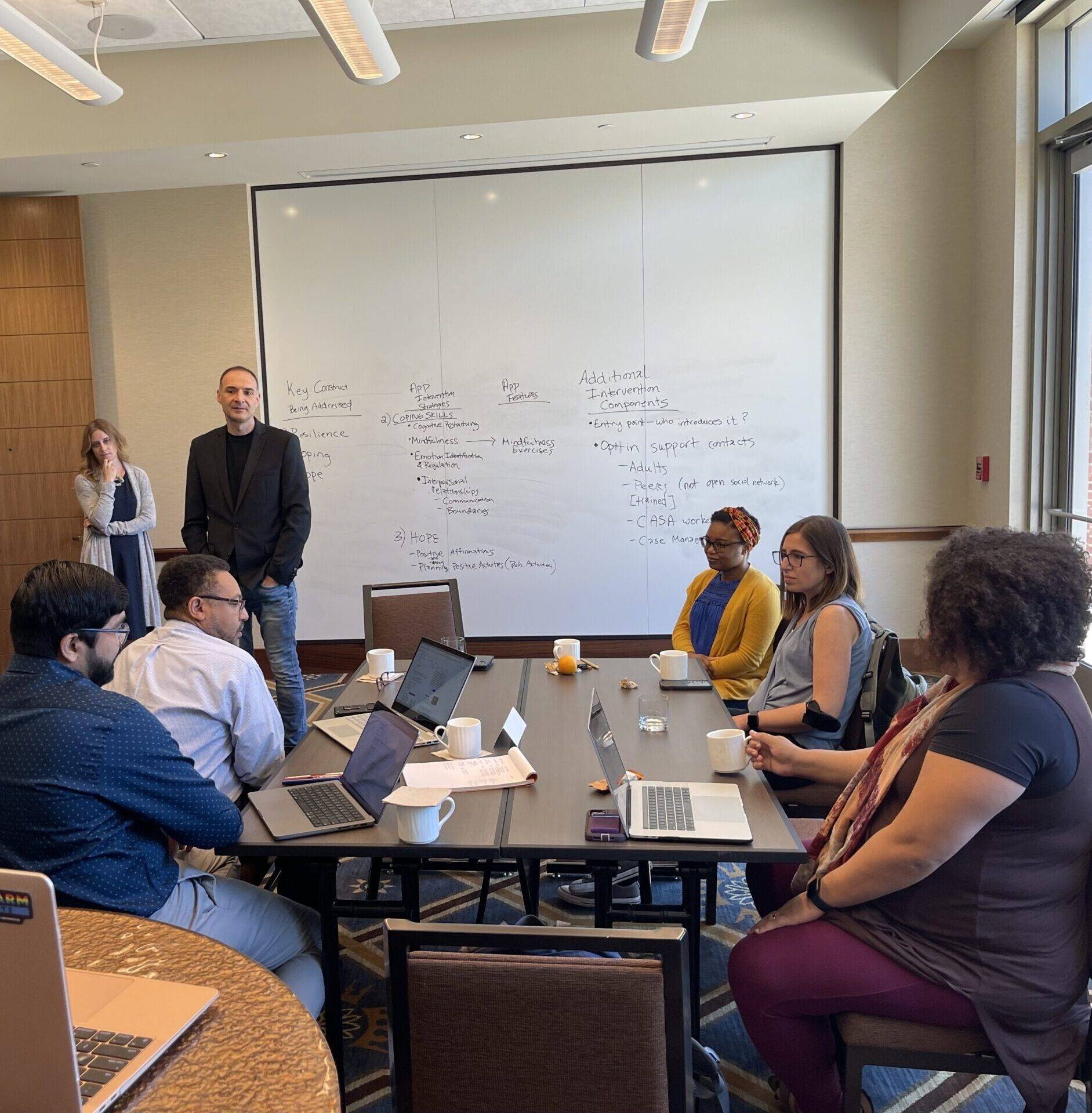
"In all the conversations I have with scholars, I heard that this was a really valuable experience for them, and several of them have told me that this was one of the most valuable things they have done professionally in their careers."
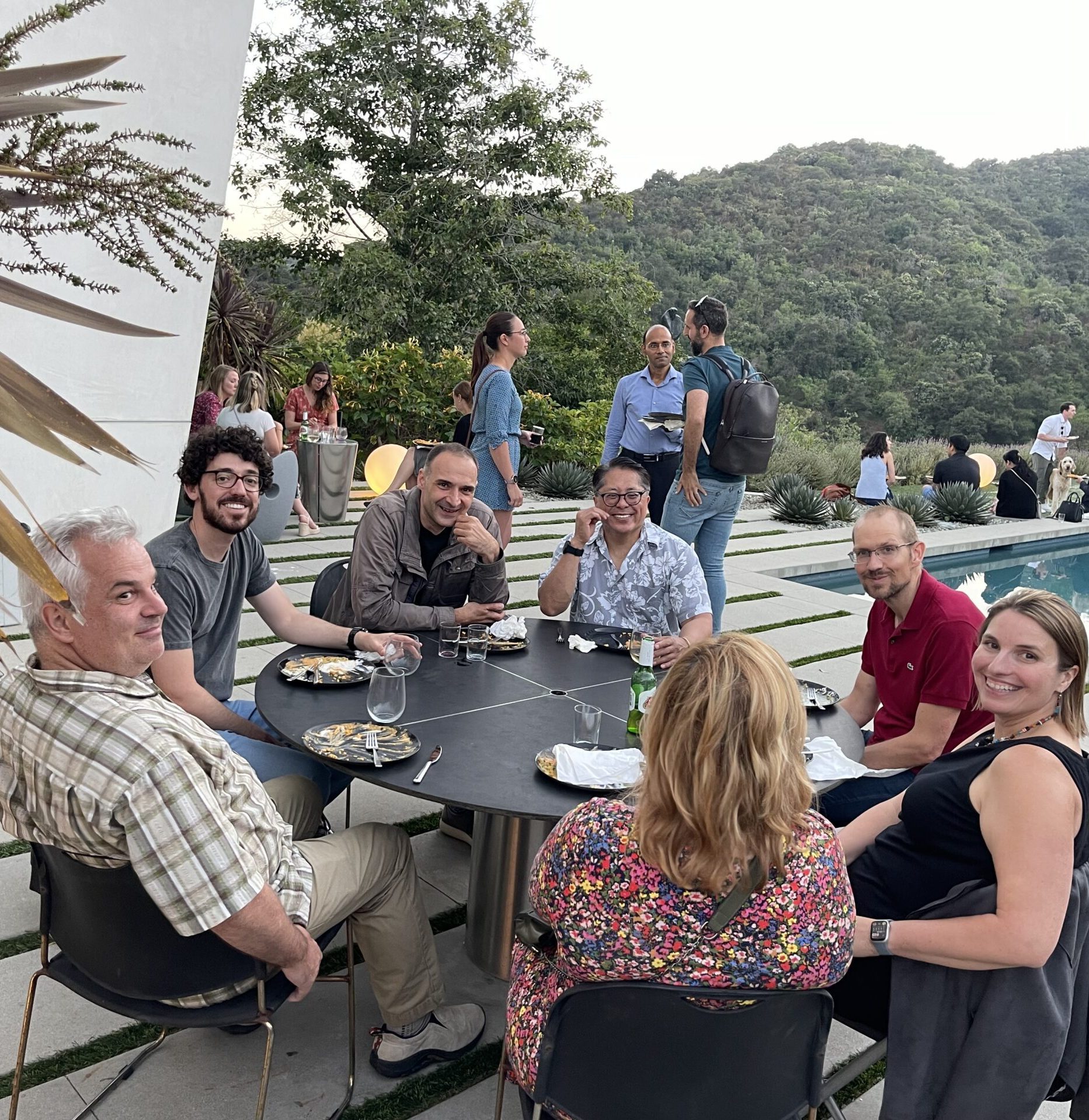
"The ability to interact with different skill-sets but similar goals was invaluable. I have come to appreciate the diversity of backgrounds in the field of mHealth, and the necessity of different disciplines to form a successful mHealth team. In addition, the daily lectures were excellent - they covered a broad array of topics, but with the specificity that made them still useful."



